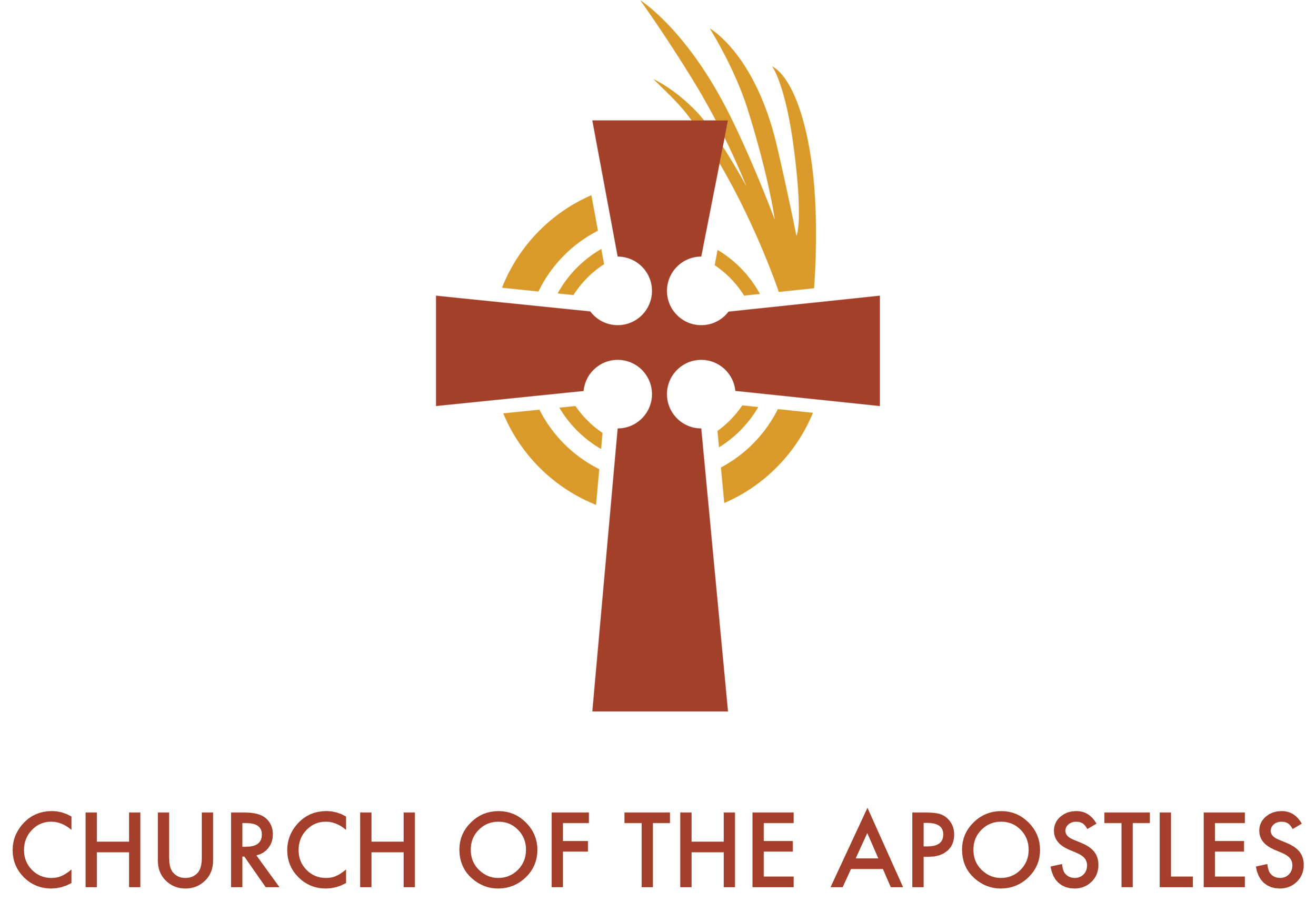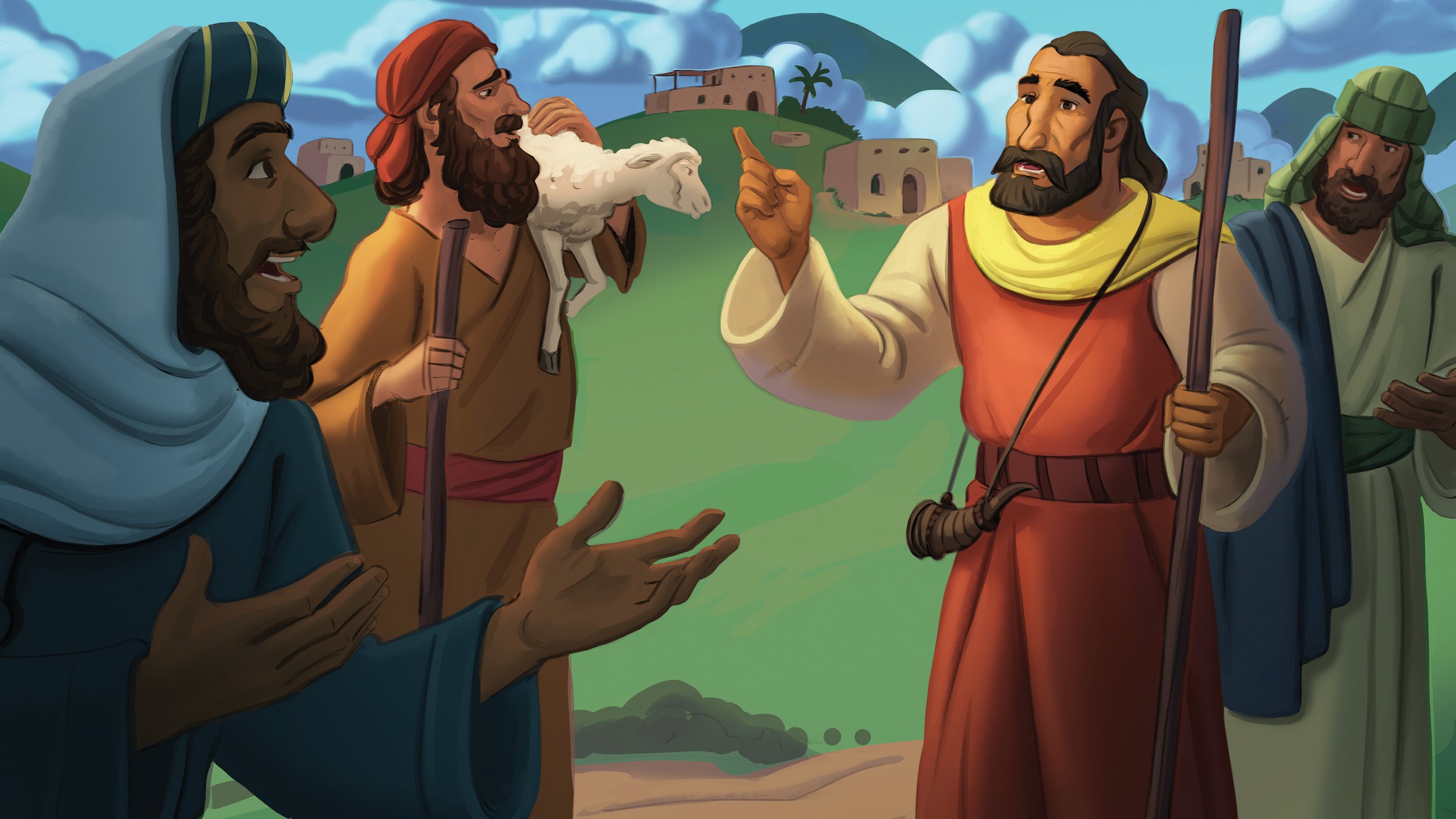Dear families,
Gilgal was a place the Israelites knew well. It was the first place their ancestors set foot in the promised land; the place where they built a memorial of 12 stones after crossing the Jordan with the ark of the covenant; a place that they looked back on and remembered the power, greatness, and provision of God. Gilgal wasn’t a place of convenience, but rather a place of significance.
Have you ever taken the time to revisit places of your past? Maybe you’ve driven past your childhood home and school, your first home, or the hospital where a family member was born. These nostalgic journeys can bring back all sorts of memories of heartbreak and victory, sadness and joy. Revisiting the past might flood your heart and mind with things you had long forgotten as well as things that can never be forgotten.
In the fast-paced world we live in today, we don’t go back often enough. For many, thinking about the past only slows down productivity. We rely on timeline photos as reminders but then quickly scroll to the news of the day and our plans for tomorrow.
What if we regularly returned to the past? What if we frequented the memorials of God’s power, greatness, and provision? It may be that part of why we run so hard after the tyranny of the urgent is because we’ve lost sight of God’s faithfulness through the ages.
It may not be a nostalgic drive through your hometown or a trip to the mountaintop where you were first gripped by the greatness of God, but a stroll down memory lane recalling the work that God has done is so very good for the soul.
The Israelites didn’t return to Gilgal because it was easy. They returned to Gilgal because amid their present circumstances, they needed to remember. And so do we.
Reflect on the great things that God has done—the ways you’ve seen His power, greatness, and provision. And as you do, let it grow your gratitude and hopefulness. For, as James 1:17 says, “Every good and perfect gift is from above, coming down from the Father of lights, who does not change like shifting shadows.”
Check out The Gospel Project At Home for resources designed to help you lead a family worship experience as well as suggestions for morning and evening prayer times and family activities.
FAMILY TALKING POINTS
CHRIST CONNECTION
This is the big idea of how this week’s Bible story points to Jesus.
● Babies & Toddlers: God sent Jesus to be our King.
● Younger Preschool: God chose Saul to be the king in Israel. With God’s help, Saul brought the Israelites together to win the battle. God sent His Son, Jesus, to be our King forever. Jesus came to rescue people from sin and death.
● Older Preschool: God chose Saul to be the king in Israel. With God’s help, Saul brought the Israelites together to win the battle. God sent His Son, Jesus, to be our King forever. Jesus came to rescue people from sin and death.
● Kids: God chose Saul to be the Israelites’ king. With God’s help, Saul brought the Israelites together to defeat their enemy. God sent His Son, Jesus, to be our King forever. Jesus brings together everyone who trusts in Him and gives us victory over sin and death.
BIG PICTURE QUESTION & ANSWER
This is an important biblical truth that your child will encounter each week of this unit.
● Younger Preschool: Why does sin separate us from God? Because God is holy.
● Older Preschool: Why does sin separate us from God? Because God is holy.
● Kids: Why does sin separate us from God? Because God is holy, sin has broken our relationship with God.
KEY PASSAGE
This is a Bible verse that relates to what your child will encounter each week of this unit.
· Babies & Toddlers: My eyes have seen the Lord. Isaiah 6:5
· Younger Preschool: My eyes have seen the Lord. Isaiah 6:5
· Older Preschool: I said: Woe is me ... because I am a man of unclean lips ... and ... my eyes have seen the ... LORD. Isaiah 6:5
· Kids: Then I said: Woe is me for I am ruined because I am a man of unclean lips and live among a people of unclean lips, and because my eyes have seen the King, the LORD of Armies. Isaiah 6:5




















